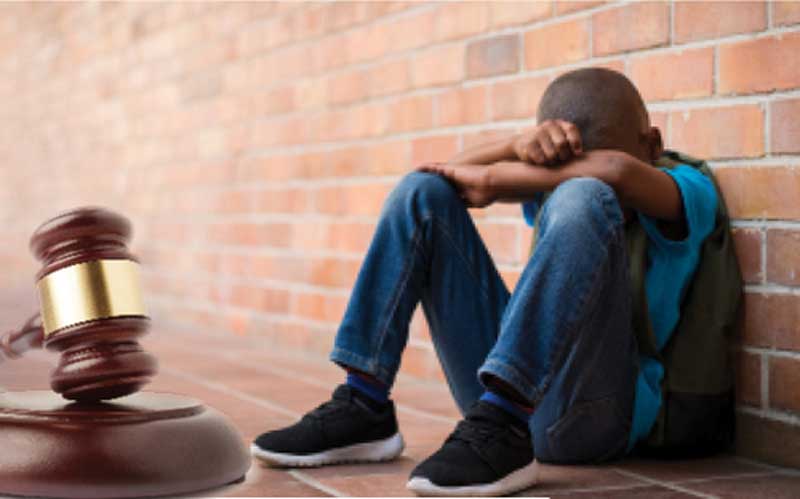×
The Standard e-Paper
Smart Minds Choose Us

The Judiciary has proposed several changes to the current children law.
Among the proposed changes is raising of the age at which a child is held liable for a crime, assumed to know right or wrong and a three step disciplinary procedure for arrant children.